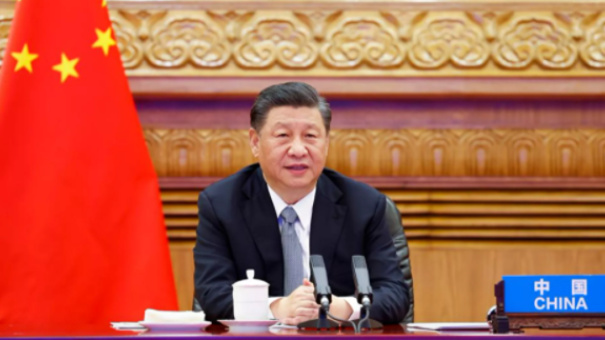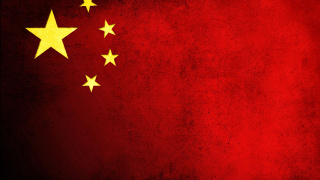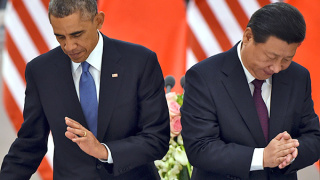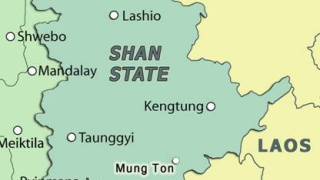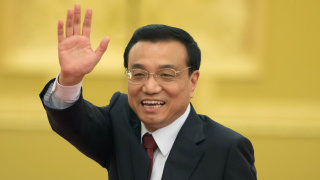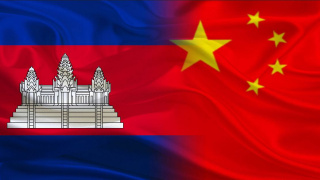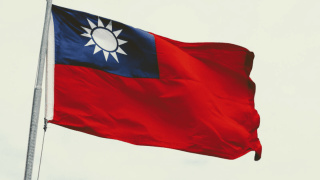Xi Jinping Vows China Will Never ‘Invade or Bully’ States, Calls to Reject ‘Zero-Sum Games’
Earlier, in his maiden speech at the United Nations General Assembly, without mentioning China by name, US President Joe Biden emphasised that democracy would not be defeated by authoritarianism, underscoring that the future will not belong to those who “suffocate their people with an iron hand".
China’s President Xi Jinping on Tuesday pledged that his country will never “seek hegemony” by attacking other countries. As he addressed the United Nations General Assembly, he emphasised that China is always a “builder of world peace, contributor to global development, defender of the international order and provider of public goods”.
“China has never and will never invade or bully others, or seek hegemony,” said Xi Jinping in his statement delivered via video at the general debate of the 76th session of the UN General Assembly.
China’s President elaborated on the guiding principles for international relations, urging to strengthen solidarity and promote “win-win cooperation in conducting international relations".
Referring to recent developments in the global situation, such as the hasty withdrawal of US and NATO forces from Afghanistan, resulting in the return of Taliban* rule in the country, Xi said they were proof that “military intervention from the outside and so-called democratic transformation entail nothing but harm”.
"We need to advocate peace, development, equity, justice, democracy and freedom, which are the common values of humanity, and reject the practice of forming small circles or zero-sum games," Xi said.
The remark appeared to address tensions triggered by the formation of alliances such as the "Quad" grouping, comprising Australia, the US, India and Japan, which is due to meet at leader level in Washington on Friday.
It also seemed to reference the recently-forged AUKUS pact. While the announcement of the trilateral security alliance, comprising Australia in addition to the United Kingdom and the United States, did not mention China by name, reference was repeatedly made to regional security concerns which they said had "grown significantly".
"This is an historic opportunity for the three nations, with like-minded allies and partners, to protect shared values and promote security and prosperity in the Indo-Pacific region," said the joint statement.
Beijing denounced the three-way security pact, suggested as aimed at offsetting China's assertiveness in the contested South China Sea as "extremely irresponsible" and "narrow-minded”. The alliance risked "severely damaging regional peace... and intensifying the arms race", said Chinese foreign ministry spokesman Zhao Lijian.
China’s President Xi Jinping concluded his statement at the 76th session of the UN General Assembly by underscoring that one country's success does not necessarily have to signify another country's failure, suggesting that the global arena was big enough to accommodate “common development and progress of all countries”.
Xi's address came as US President Joe Biden, in his debut speech at the United Nations, said that democracy would not be defeated by authoritarianism, in a perceived nod at China, albeit it the country was not mentioned by name.
"We all must call out and condemn the targeting and oppression of racial, ethnic, and religious minorities, whether it occurs in Xinjiang or northern Ethiopia, or anywhere in the world," he added, referring to the western Chinese region.
Washington has taken a hard stance against Beijing, slamming it for allegedly repressive policies toward ethnic Uyghurs other Muslim minorities in Xinjiang province.
The US has also called out Beijing over territorial claims in the South China Sea, the national security law in Hong Kong, and China’s policy regarding Taiwan as a rebellious province of the country. China has consistently refuted these accusations, describing them as outside meddling.
*A terrorist group outlawed in Russia and many other countries.